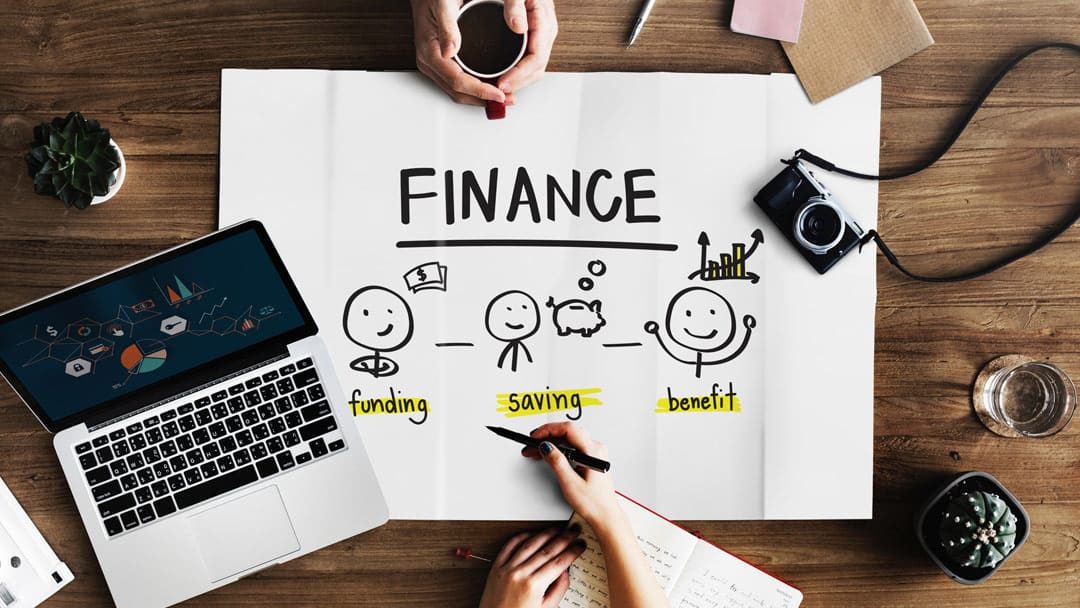This is the sixth part of the 10 days to starting a business series. In case you missed the earlier articles in the series you can catch up here.
In today’s article we’re going to focus on financing your startup beyond the usual maxing out your credit cards, loans from friends and family or remortgaging the family home.
Debt v’s equity
Generally speaking there are two types of finance and it’s important to know the difference between them. Debt financing is a loan agreement. You borrow an amount for a fixed period of time with a fixed percentage of interest over the term of the loan. The total cost of the loan is known at the outset.
Equity on the other hand is where an investor becomes part owner of your business. This can appear to be a cheap source of funding, especially in the early years as an investor receives payments based on the profitability of the business, it can in fact be a very expensive source of funding. What’s more you’ll find yourself answerable to investors in the direction your business takes.
CD Baby Founder Derek Sivers discovered how expensive equity finance was to his cost when he “borrowed” $20,000 from his father’s business. What he actually thought was a loan to set up his music studio in 1994 he discovered when he came to repay the “loan” a few years later he discovered that his father’s business actually owned 90% of the business. So he couldn’t just repay the original funding he had to buy the 90% of shares he didn’t own back at market value. That $20,000 “loan” cost Derek $3.3m.
Banks
Given reports in the press about the difficulty in getting loans from banks it may not be the obvious starting point for raising funds. However, it’s worth a try. If you’re seeking funding for a straightforward loan, and you have an established track record or you’re starting something which has an existing trading format such as a franchise then you may find it easier to get a loan than if you don’t. For example if you’re an experienced plumber, getting a loan for a van or buying another plumber maybe a fairly straightforward process. However if you’re looking to start an online business selling gift-ware and you’re a plumber, then you may find it far more difficult to obtain financing.
Whether you have set yourself up as a limited liability corporation with little or no assets, or you’re a sole trader (ie an unincorporated business) the chances are you will have to provide a personal guarantee to the bank of the payments on the loan. Which may mean that you have to secure your loan against your home. Consequently if your business fails or you fail to make the payments on the loan, the bank will wants it’s money back and you may loose your house.
To obtain financing from a bank, you’re likely to need a business plan, which we covered off in Day 4. Top tip: if you’re going to be borrowing money from a bank ask their small business advisor for the bank’s template and use that as your guide. That way you’ll have ensured that you’ve answered all of your banks questions, even though it might not be that useful for you to use beyond the start up phase.
Loans and Grants
Depending on your type of business, your ownership status (e.g. female or ethnic group) or the area it’s located, you may be eligable for a grant to help you towards start up costs. If you’re in a particular depressed economic area you may find yourself eligable for funding which you don’t have to pay back. Given that these loans can change on a day to day and week to week basis and vary by area of the country, it’s worth checking out the Small Business Administration’s website (if you’re in the US) or Business Link in the UK to see grants or loans which might be available to you.
Crowdsourced Funding
Like most things these days, funding has moved online and there are an increasing number of websites which allow entrepreneurs to obtain funding from investors on either a “reward” basis (ie providing gifts, products, freebies) or return basis (ie investors get a % return on the money that they invest in your project). Websites such as Kickstarter are aimed at those entrepreneurs in the creative industries, ie publishing, music, art, technology etc requiring relatively small amounts of money, whereas sites like Cofundit are aimed at those requiring larger amounts of debt financing ranging from €0.1m to €2.om.
You can find a list here of crowdfunding sites.
Angel Investors and Venture Capital
Angel investors and venture capital funds will typically take a 25-40% stake in your business. These funders take such large stakes because they invest in typically high risk, big potential pay off projects. They look to the returns on the big pay off projects to fund all the other projects which don’t. This is a popular form of funding for technology businesses which require large amounts of “seed” investment, to develop the initial idea and get it to working prototype or market. The downside is that there is a loss of control and you may have relatively little say in the direction of your start up. However this is to balanced against the fact that you’ll own a smaller % of a much, much bigger business than would have been possible without the funding and expertise of the investors.
Remember, whatever your source of funding only take on what you can afford or are comfortable with. If you decide to take equity investment be prepared to lose some of the control and say in running your business.


